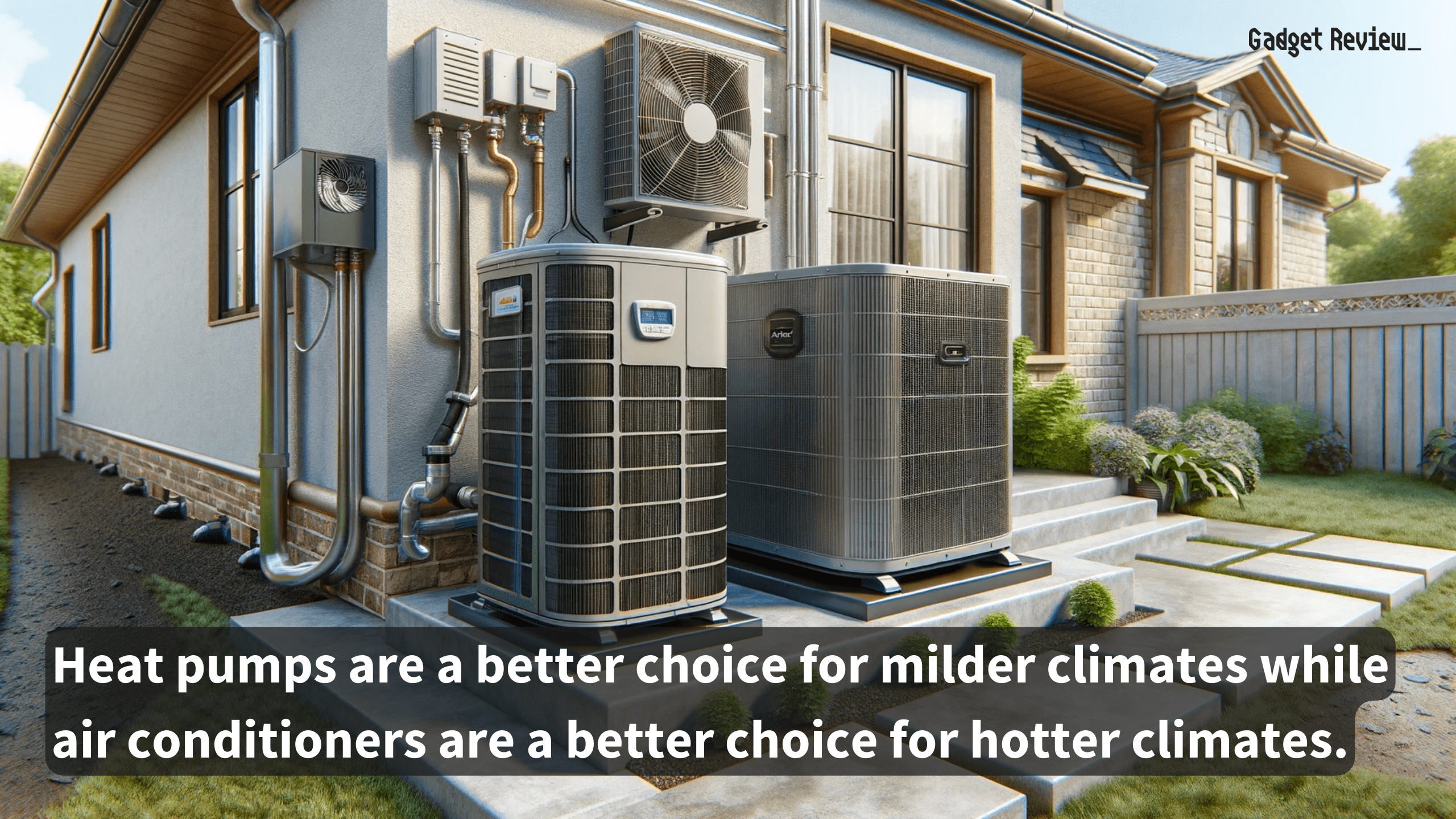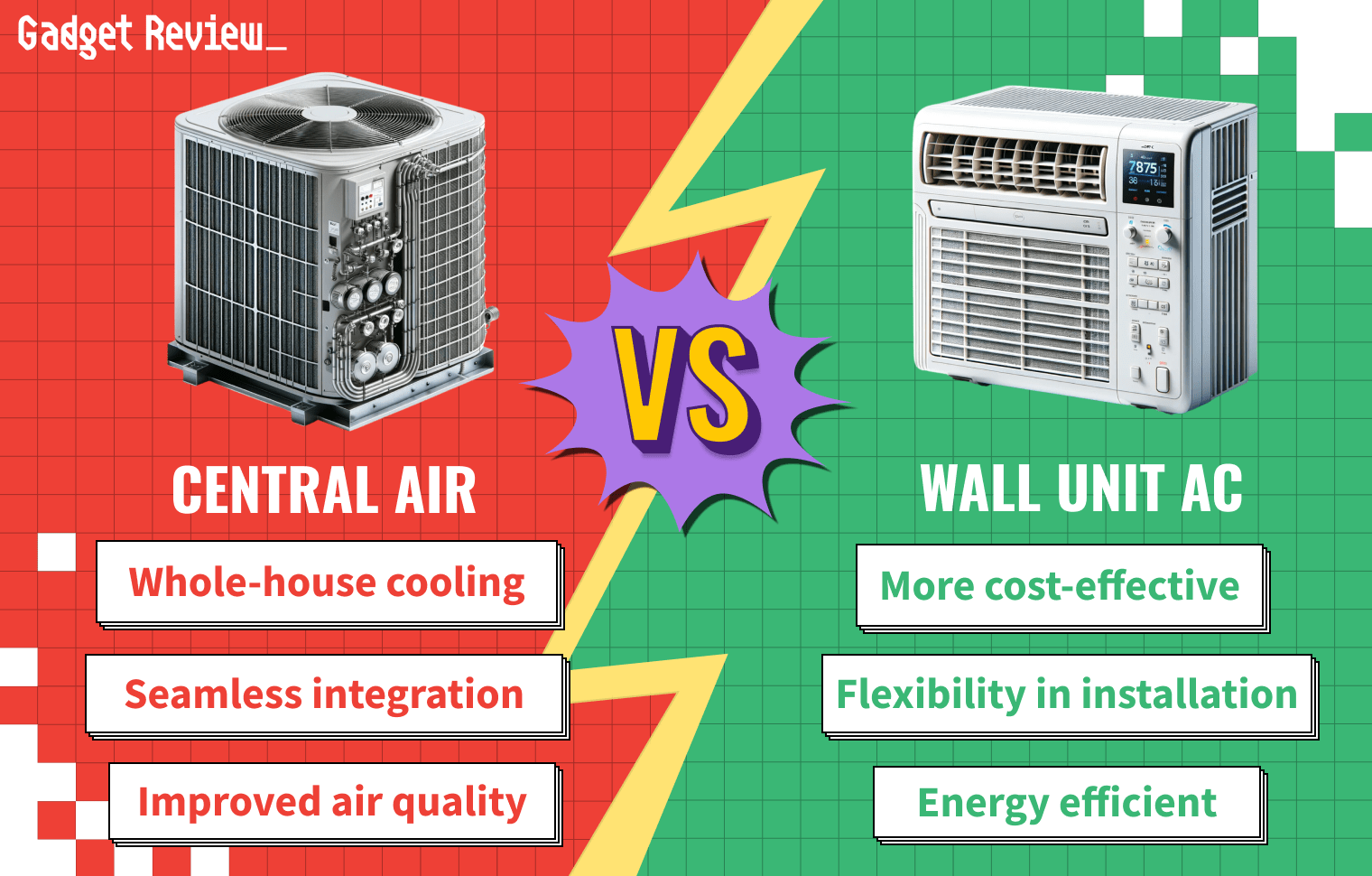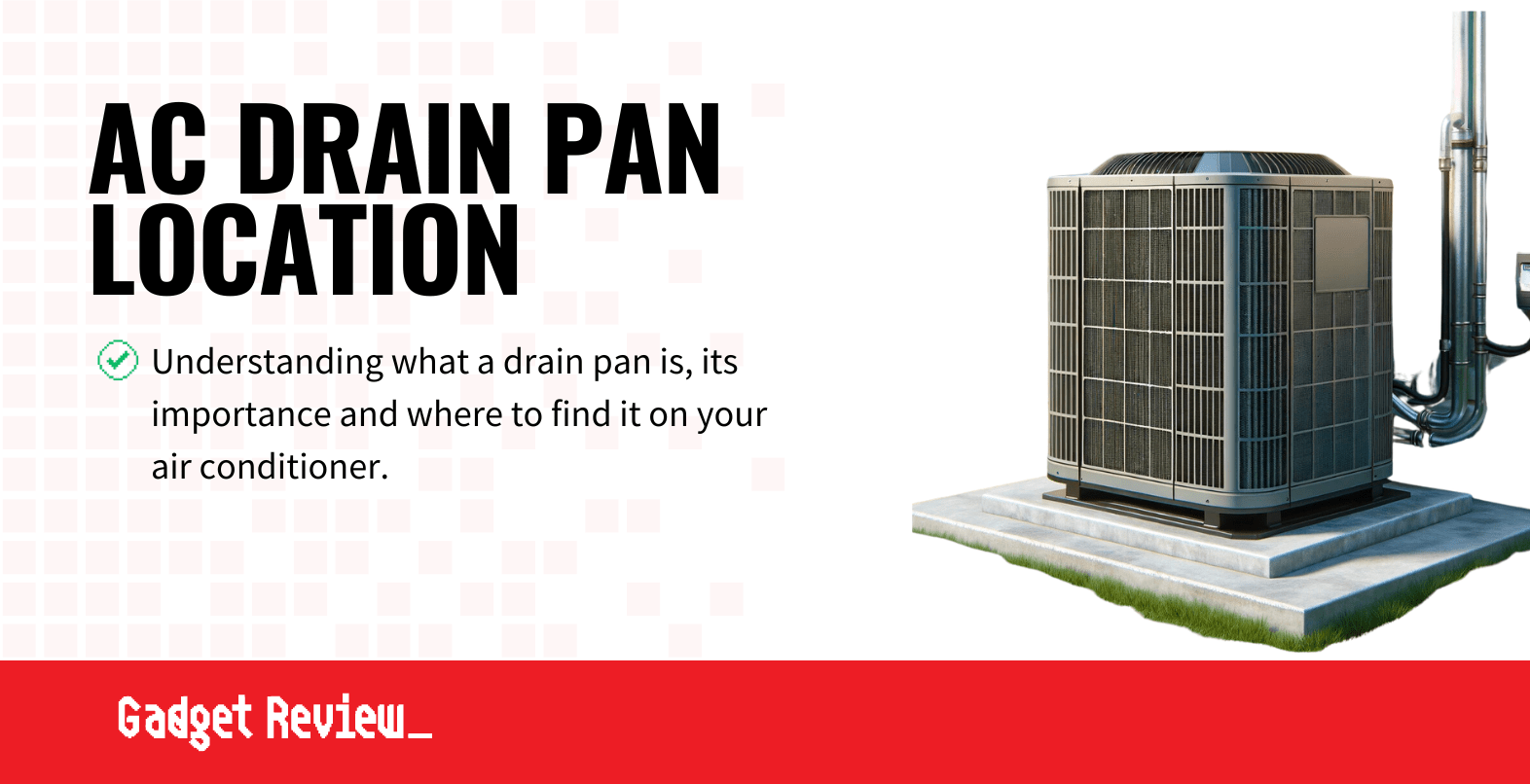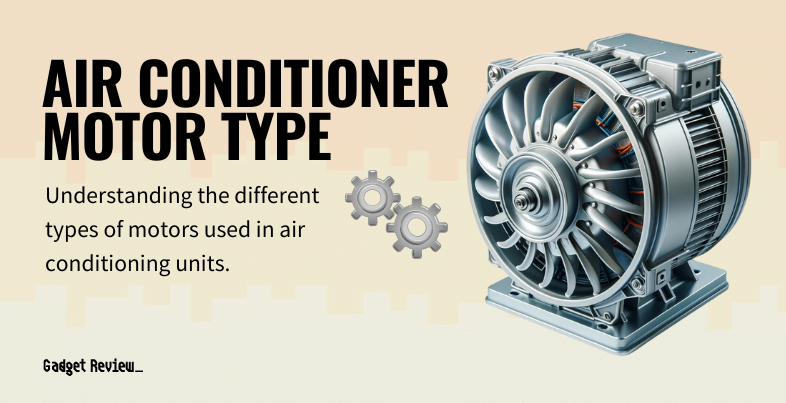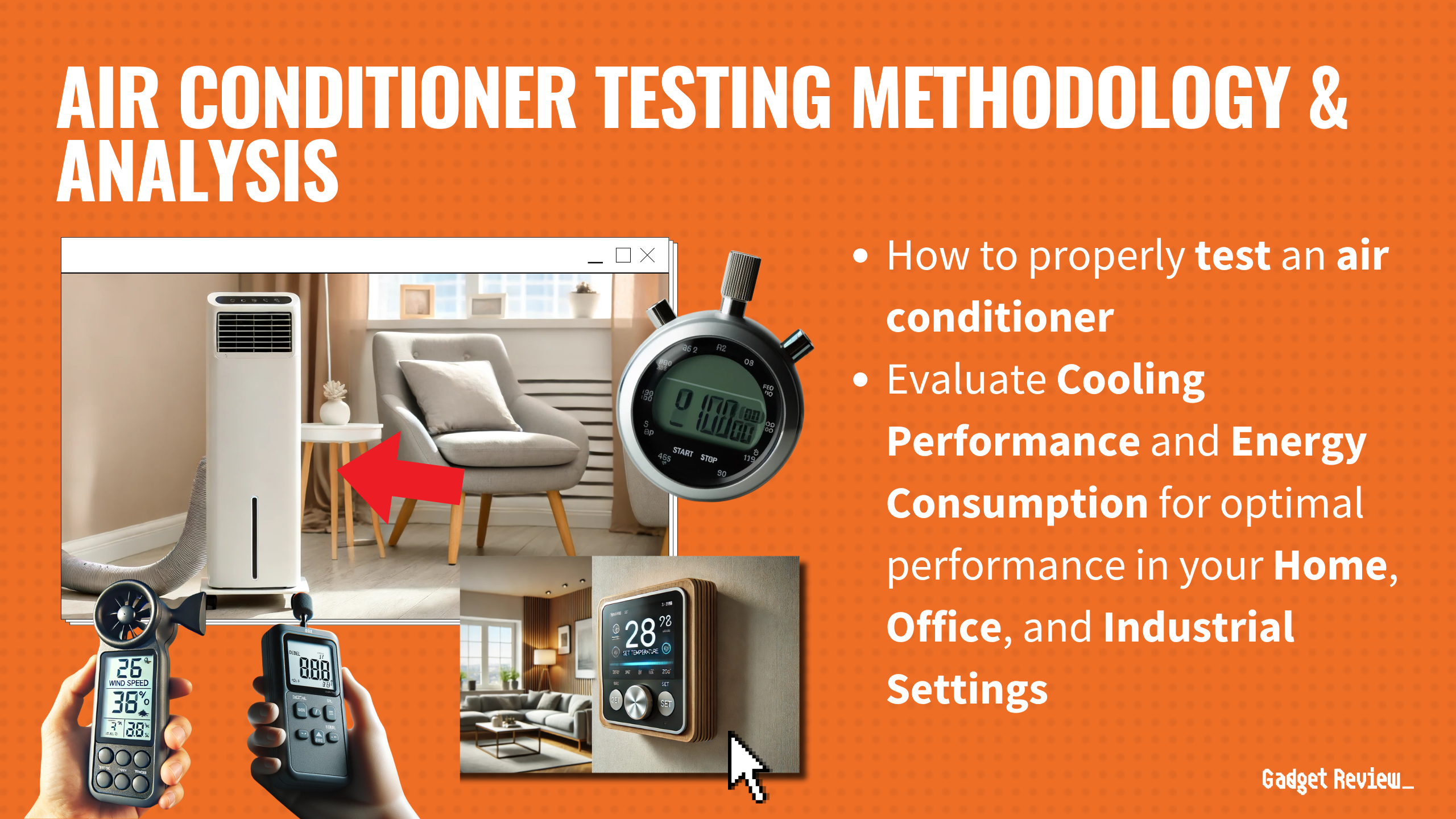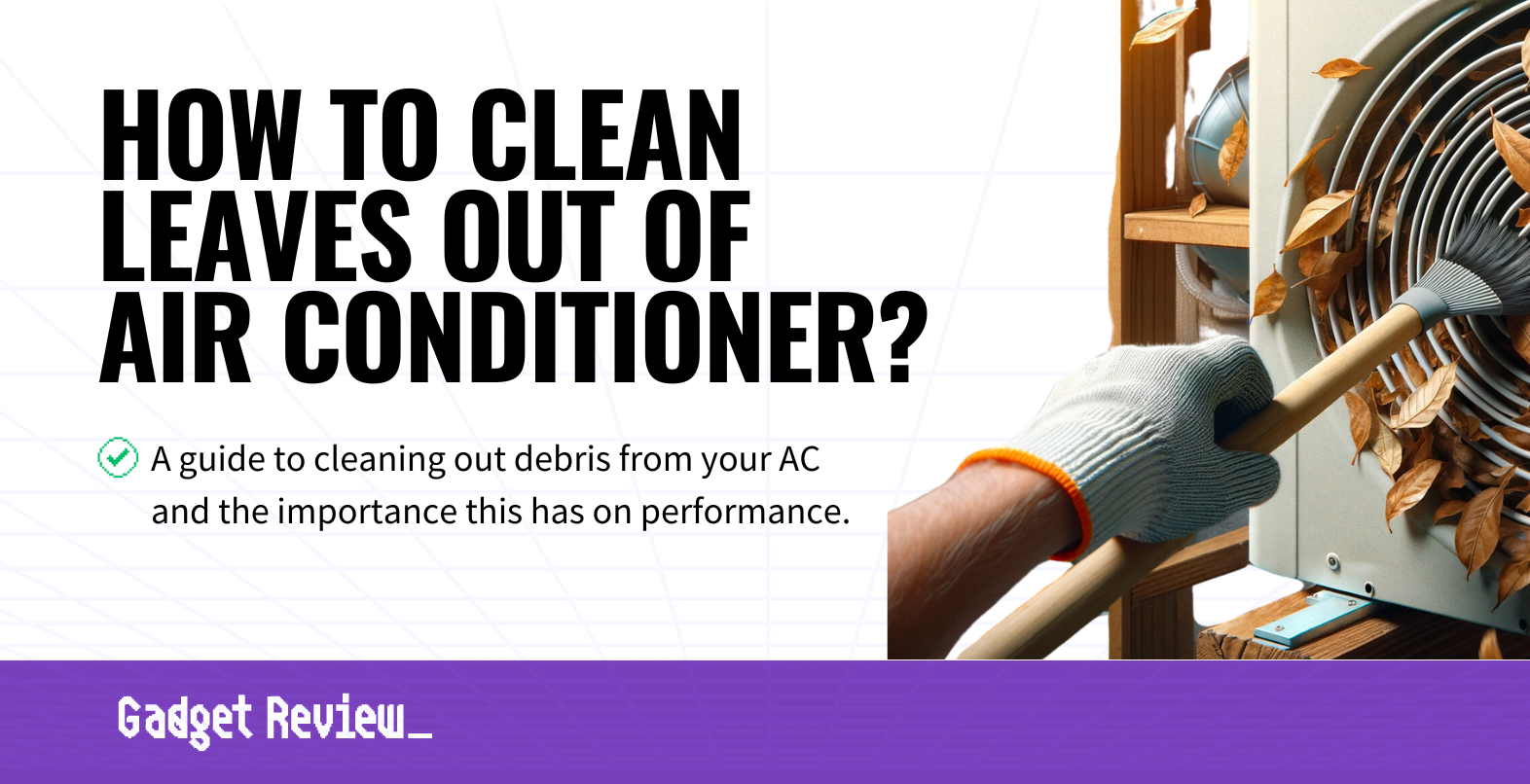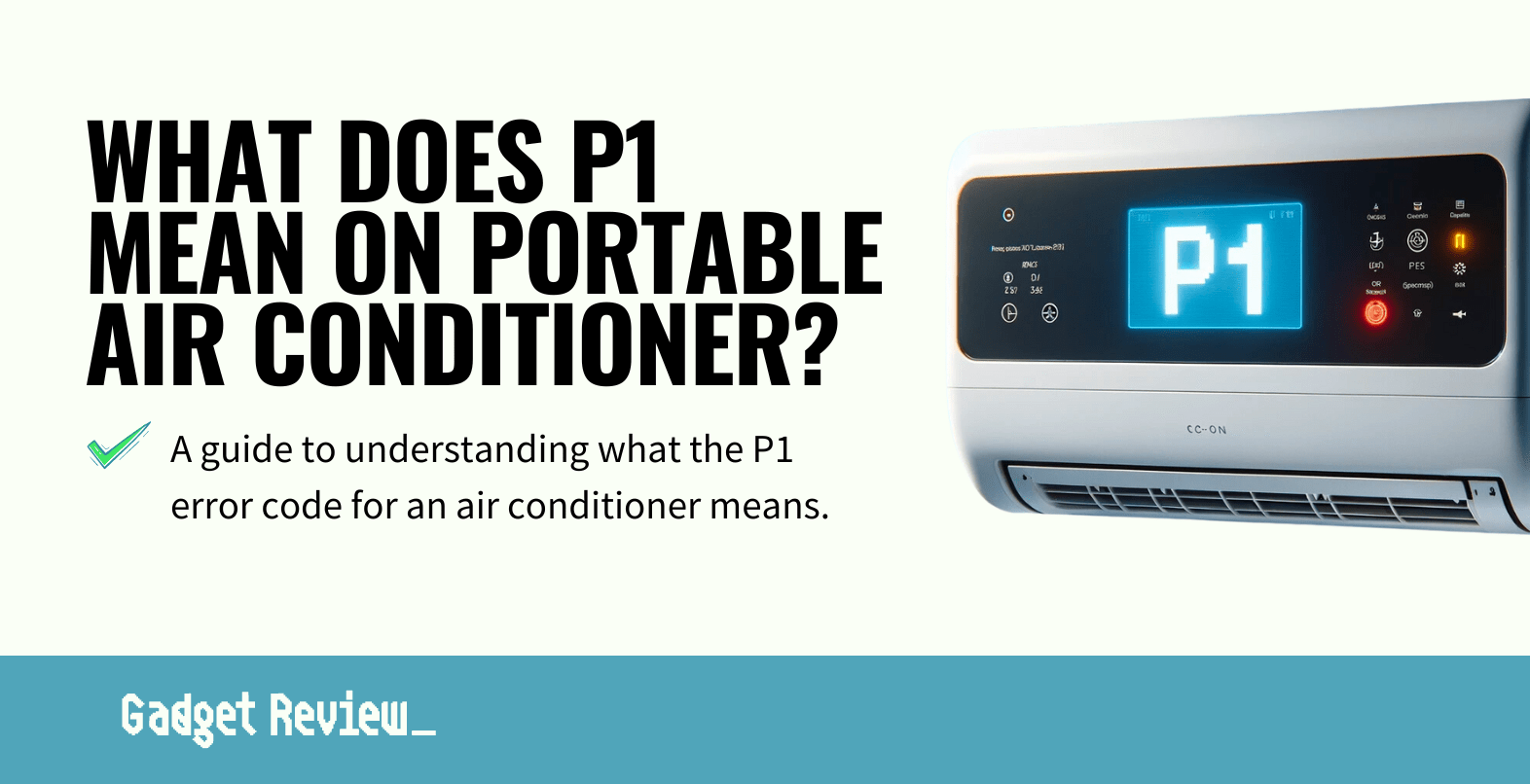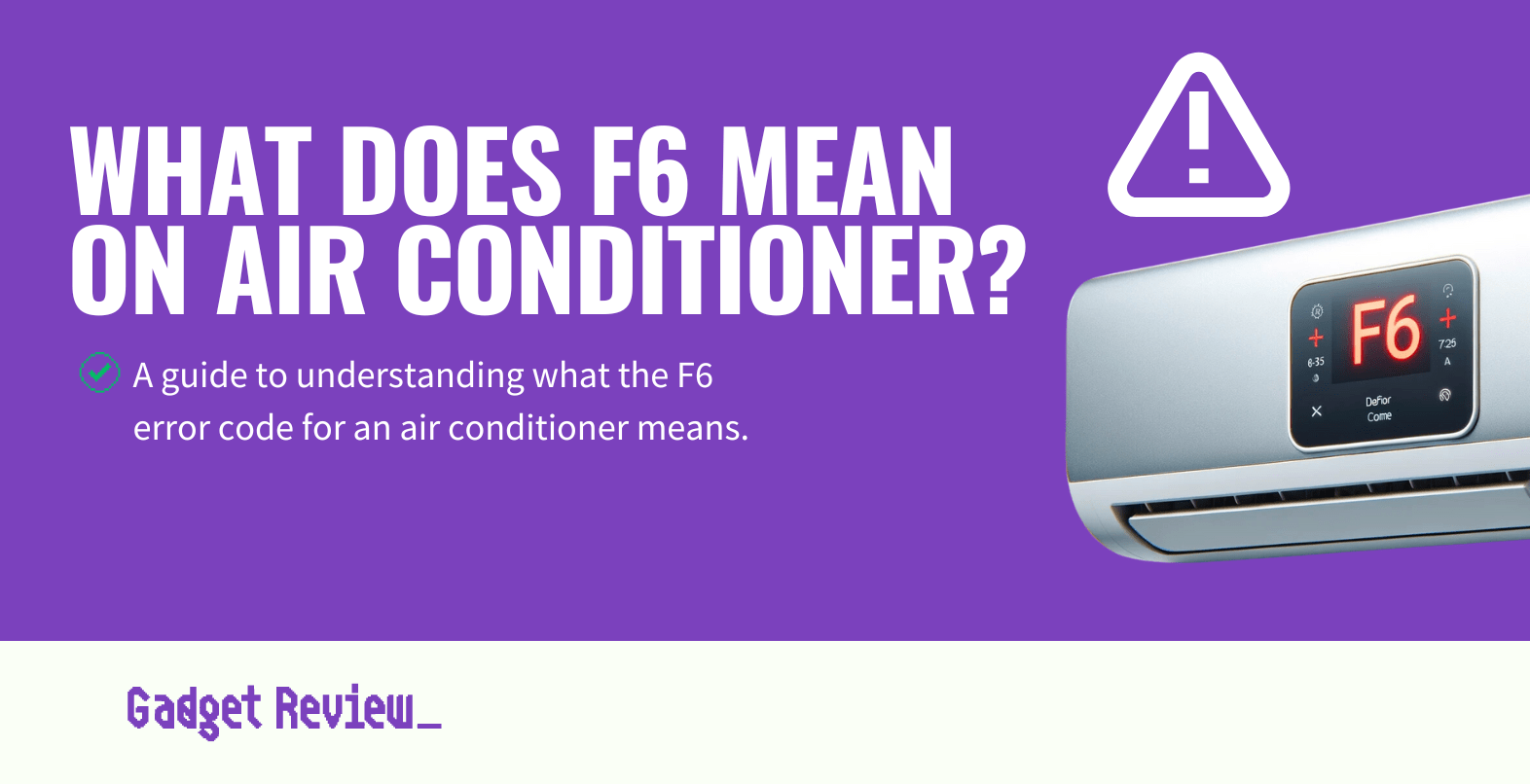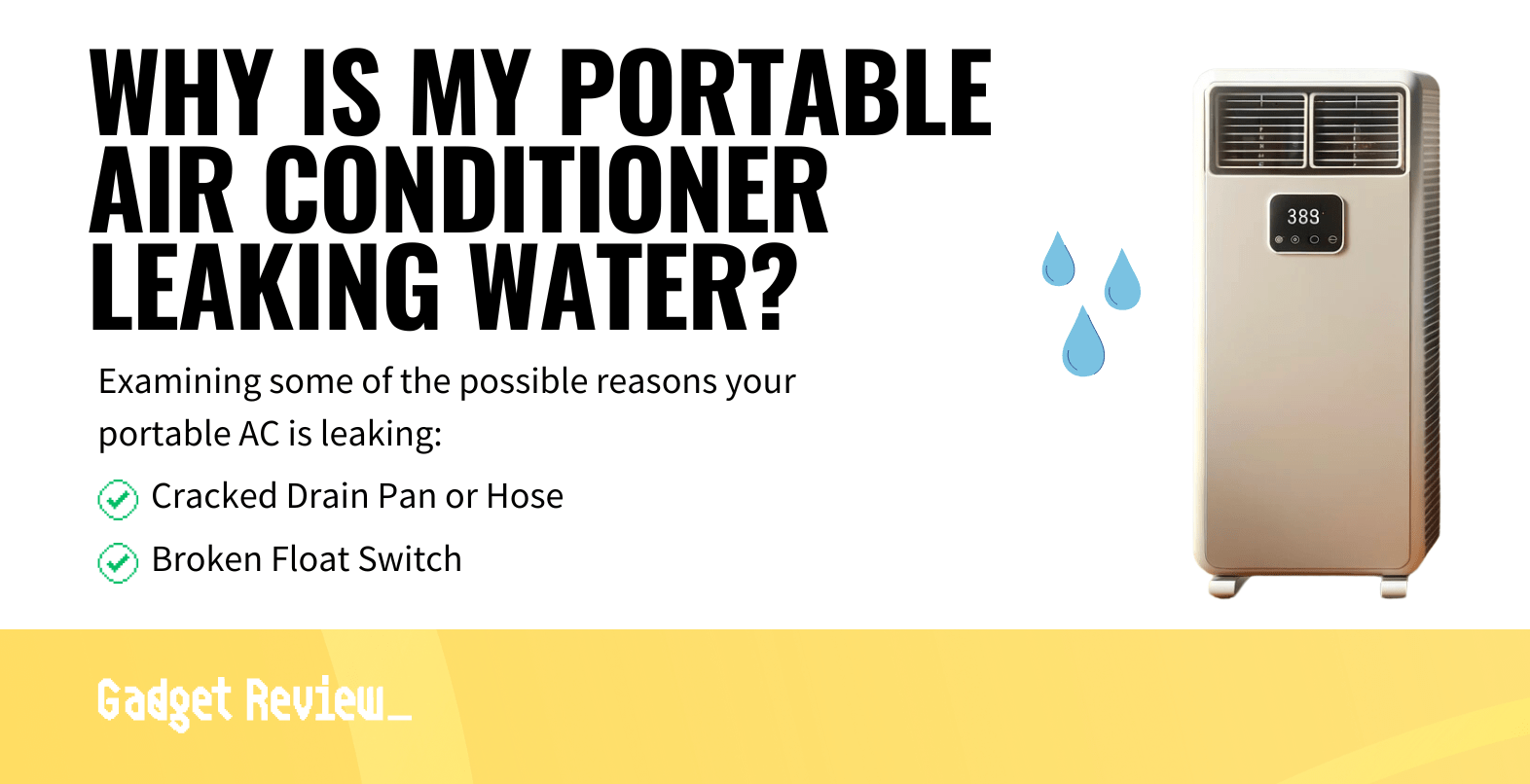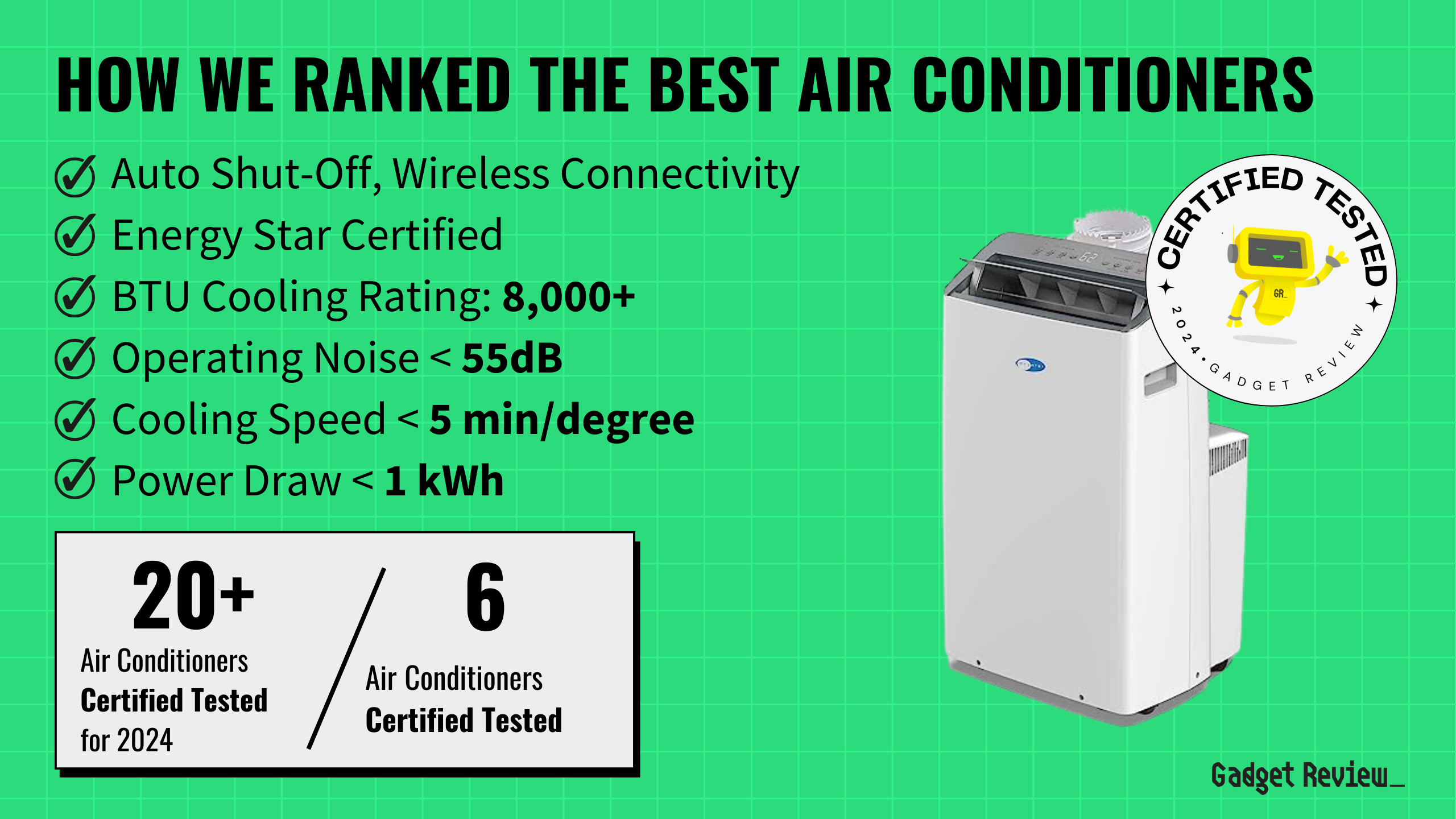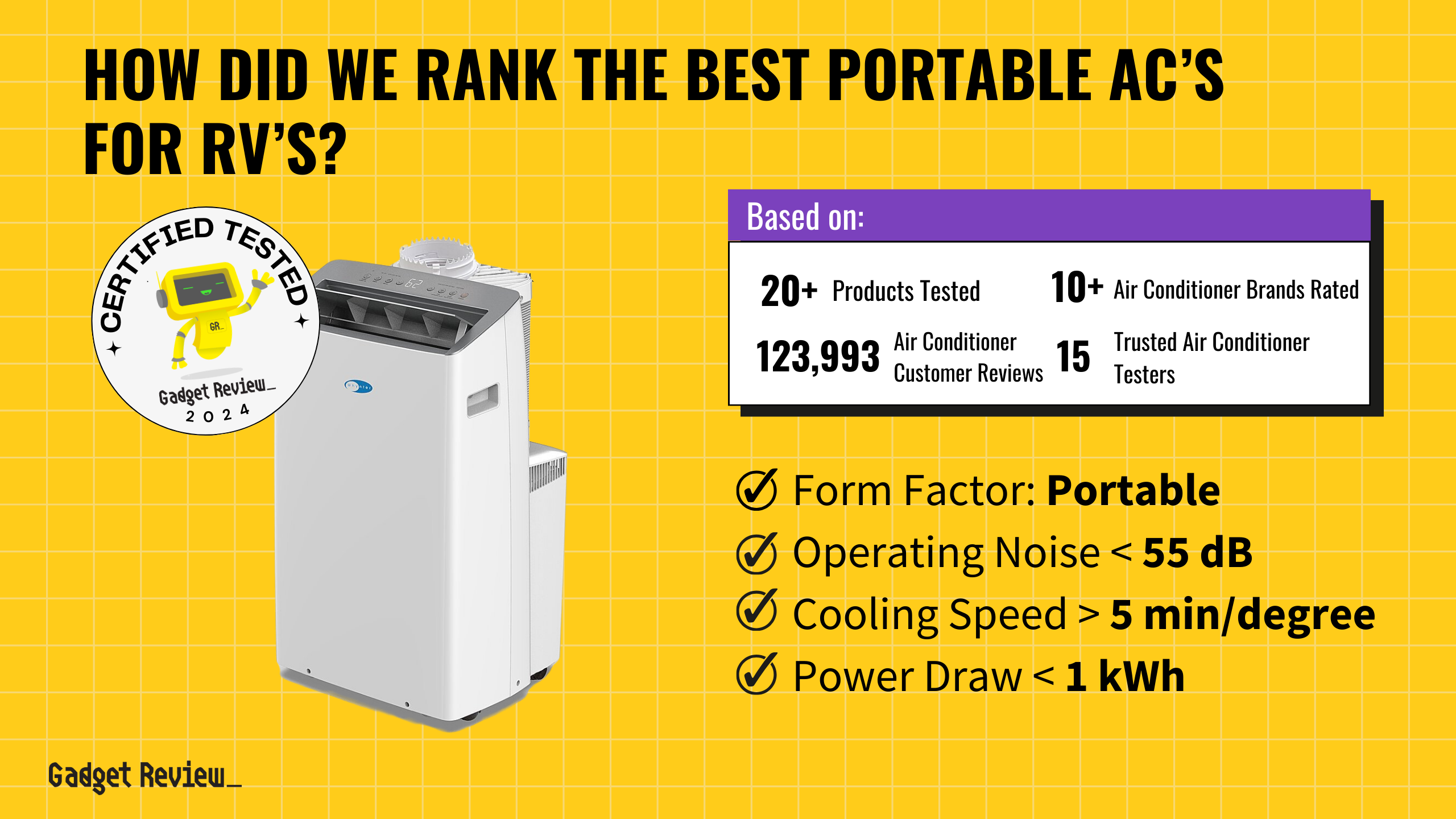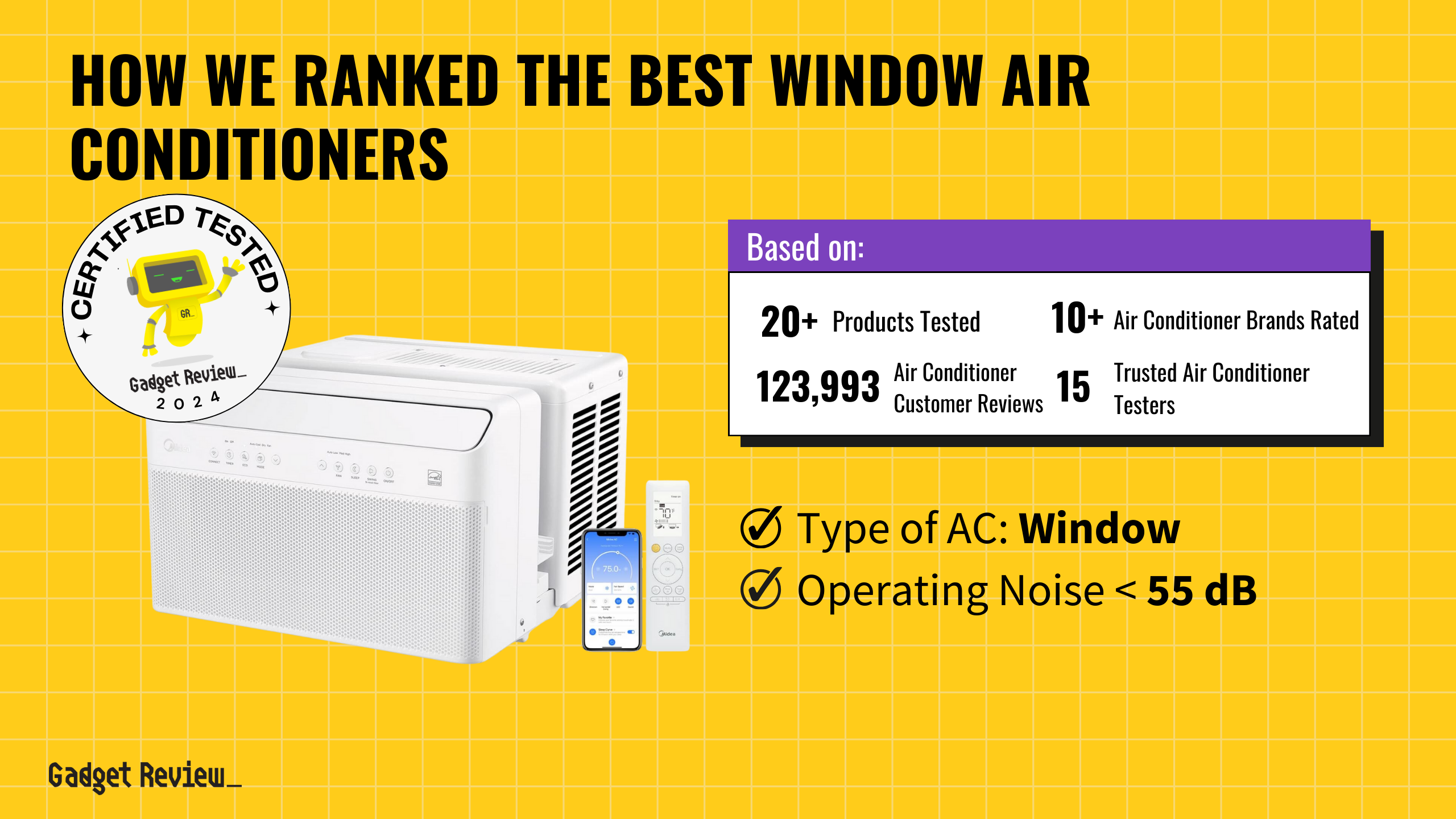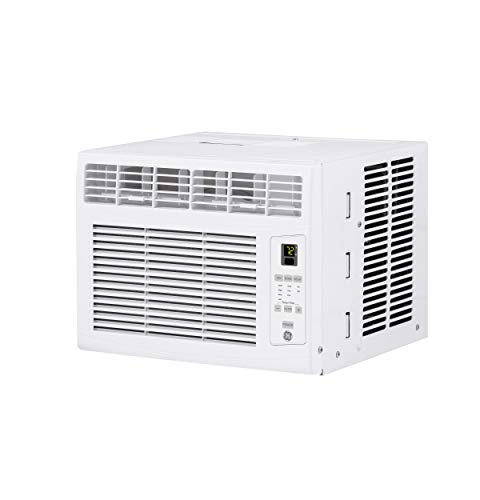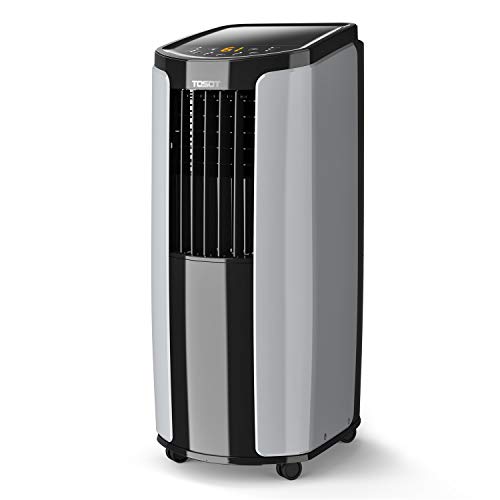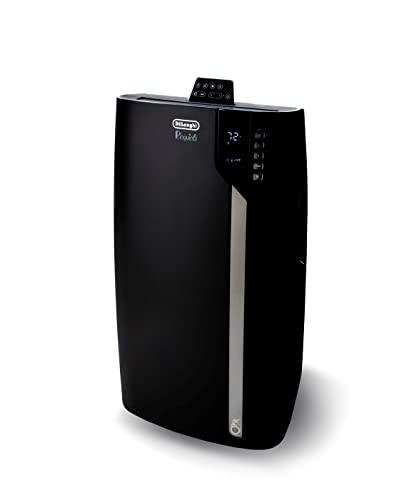When it comes to maintaining comfort in your home, choosing between a heat pump and a great air conditioner is a significant decision. Both systems offer unique benefits to regulate temperature, but understanding their differences is crucial for optimizing energy efficiency, cost, and indoor air quality. The primary difference between a heat pump and an air conditioner is that a heat pump can provide heat, but an air conditioner cannot. This article explores the intricacies of heat pumps and air conditioners, guiding you through their operation, cost analysis, suitability for various climates, and maintenance requirements to help you make an informed choice.
Key Takeaways_
- Heat pumps offer both heating and cooling capabilities, making them a versatile and energy-efficient option for moderate climates.
- Air conditioners are more suited for regions with hot summers and require an additional heating system for winter.
- Both heat pumps and air conditioners require regular maintenance to ensure efficiency and prolong their lifespan, with heat pumps typically lasting around 15 years and central AC units up to 20 years with proper care.
Understanding Heat Pumps and Air Conditioners
Heat pumps and air conditioners are cornerstone components of modern HVAC systems, each designed to enhance indoor comfort.
A heat pump is versatile, providing both heating and cooling options by transferring heat energy between the indoors and outdoors.
The types of heat pumps include air-source, geothermal, and water-source, each offering unique benefits. Air-source heat pumps, the most common, are known for their efficiency in moderate climates.
When considering more customizable solutions, VRF (Variable Refrigerant Flow) systems offer an advanced alternative to traditional heat pumps, which you can read about in our VRF vs. mini split comparison.
Conversely, air conditioners specialize in cooling indoor spaces during warmer months. They operate by removing warm air from your home and cycling it over a cold condenser coil filled with refrigerant.
The types of air conditioning units range from central air conditioners, which cool entire homes, to portable and window units designed for specific rooms.
Certain models have a supplemental heating feature, but for the most part, air conditioners require a separate heating system, such as a furnace, for complete heating and cooling capabilities.
How They Work
The operation of heat pumps and air conditioners, while similar in their use of refrigerant to transfer heat, diverges significantly in functionality.
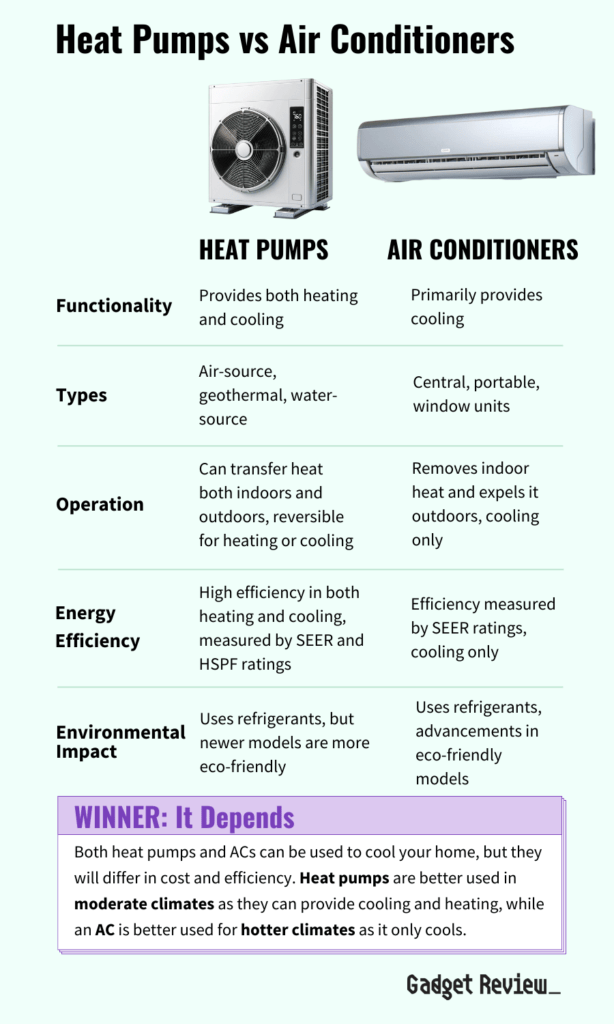
Heat pumps, in heating mode, extract outdoor heat energy and transfer it indoors, even in cold temperatures. This process is reversed in warmer months to cool the indoor air.
The versatility of heat pumps is further enhanced by a component known as the reversing valve, which allows the switch between heating and cooling modes.
Air conditioners, on the other hand, operate on a single principle: removing indoor heat and releasing it outdoors through the evaporator and condenser coils.
This process is facilitated by the flow of refrigerant, which absorbs indoor heat and expels it via the outdoor unit.
Unlike heat pumps, air conditioners do not have the capability to reverse their operation for heating, making them solely effective for cooling during hot weather.
To enhance the efficiency of air conditioners in extremely hot climates, AC misters can be used to cool the condenser unit, potentially improving energy efficiency.
Heat Pump vs AC: Energy Efficiency and Environmental Impact
Energy efficiency is a pivotal factor in choosing between heat pumps and air conditioners. Heat pumps are often lauded for their energy-efficient heating and cooling, particularly air-source models that excel in moderate climates.
Their efficiency is measured in two ratings: SEER (Seasonal Energy Efficiency Ratio) for cooling and HSPF (Heating Seasonal Performance Factor) for heating.
High SEER and HSPF ratings indicate a unit’s efficiency, leading to significant energy savings and reduced utility bills.
Air conditioners also come with SEER ratings, which gauge their cooling efficiency. While modern air conditioning units can be highly energy efficient, they lack the dual functionality of heat pumps, which can lead to additional energy costs for separate heating solutions.
Both systems can have a considerable environmental impact, primarily through their use of refrigerants.
However, advancements in technology and stricter regulations have led to the development of more eco-friendly refrigerants and Energy Star-rated models that minimize environmental impact while maximizing efficiency.
Heat Pump vs AC: Cost Analysis
The upfront cost and long-term expenses of heat pumps and air conditioners vary significantly.
Heat pump installation costs are generally higher due to their dual functionality, with air-source heat pump systems being the most cost-effective option among the types of heat pumps.
Geothermal heat pumps, while offering superior efficiency, come with a higher initial investment due to the complexity of their installation.
Air conditioners, particularly central air conditioning systems, have a lower initial cost compared to heat pumps.
However, the need for a separate heating system, such as a natural gas or propane furnace, can increase overall expenses.
The long-term operating costs of both systems depend on their energy efficiency, maintenance, and the climate in which they are used. Regular maintenance and choosing Energy Star-rated models can help optimize energy savings and extend the life expectancy of both systems.
Heat Pump vs AC: Suitability for Different Climates
The effectiveness of heat pumps and air conditioners is heavily influenced by climate conditions. Heat pumps are renowned for their efficient heating in mild winters and effective cooling in moderate climates.
However, their efficiency can diminish in harsh winters, where supplemental heat sources may be necessary to maintain warm indoor temperatures.
Air conditioners excel in providing relief during hot weather, making them ideal for regions with warmer climates.
Their ability to lower indoor temperatures and reduce humidity ensures comfort during the summer months. However, in colder regions, air conditioners are not viable for winter heating, necessitating an additional heating solution like a furnace for complete heating and cooling.
Heat Pump vs AC: Maintenance and Longevity
Maintaining optimal performance of heat pumps and air conditioners requires regular maintenance. This includes annual tune-ups, cleaning or replacing air filters, and checking for refrigerant leaks.
Proper maintenance not only ensures maximum efficiency but also prolongs the life of the system.
The average lifespan of a heat pump is around 15 years, though this can vary based on usage and climate. In contrast, central AC units can last up to 20 years with proper care.
Regular maintenance is key to extending the life expectancy of both systems, ensuring they provide reliable comfort year after year. Investing in annual services and repairs can prevent major issues and contribute to long-term energy savings.
Making the Right Choice for Your Home
Deciding between a heat pump and an air conditioner hinges on several factors, including climate, home size, and budget.
For homes in moderate climates with mild winters, a heat pump offers an efficient heating and cooling solution. Its ability to provide both services in one unit can lead to significant savings on installation and energy costs.
In contrast, for regions with hot weather and colder months, a central air conditioner paired with a separate heating system, like a natural gas or propane furnace, might be more suitable. This combination ensures efficient cooling in the summer and effective heating in winter.
Consulting with HVAC professionals can provide tailored advice, taking into account your specific needs and the unique characteristics of your home.

